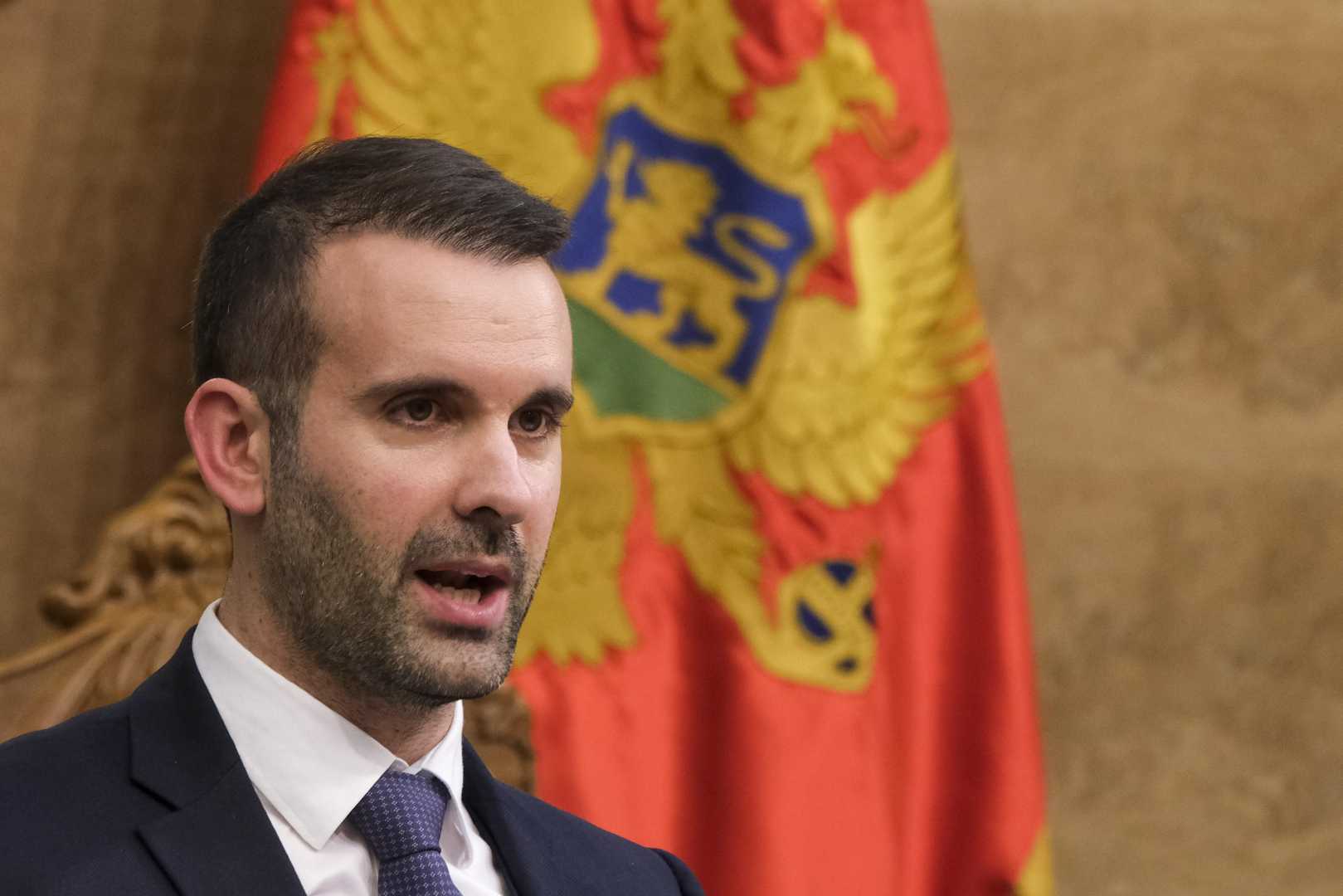Politics
Montenegro Eyes EU and Euro Zone Membership by 2028

FRANKFURT, Montenegro – Montenegro is hopeful of joining the European Union and the euro zone by 2028, Prime Minister Milojko Spajic announced on Tuesday. This ambition to progress comes as the EU seeks to integrate new members following the geopolitical tensions resulting from Russia‘s invasion of Ukraine.
Spajic highlighted the small Balkan country’s economic growth, which has nearly doubled in the last five years. He mentioned that Montenegro is looking to issue new government bonds to attract institutional or retail investors. He believes gaining EU membership would enhance stability in the region.
As part of his pledge, Spajic intends to meet the European Commission’s remaining criteria by the end of next year, aiming to start accession discussions in 2027. “If we have 27 hands supporting our candidacy, we hope to see ourselves in the EU by 2028,” he said after discussions with German businessmen and politicians.
Montenegro, which adopted the euro before achieving full independence from Serbia in 2006, hopes to gain concurrent admission to the euro area, comprised of 20 nations participating in the European Central Bank. To comply with EU standards, Montenegro will need to align its inflation and long-term interest rates closely with those of the euro zone’s most stable members.
Currently, inflation in Montenegro stands at 3.1%, higher than the euro area average. Despite importing more than it exports, including energy and food, the country’s economic output increased from 4.2 billion euros in 2020 to 7.8 billion euros last year.
Additionally, the Prime Minister pointed to a rise in net salaries from 500 euros in early 2022 to 1,000 euros this year, credited largely to tax cuts. However, the Montenegrin central bank raised concerns regarding the government’s forecasts for revenue and debt last year.
Spajic defended his administration, ensuring the public that the deficit for the first eight months of this year is around 1%. He also expressed interest in exploring new bond sales to both institutional investors in cities like London, Frankfurt, and Tokyo, and potentially a retail bond for local audiences, as they work toward EU accession.












